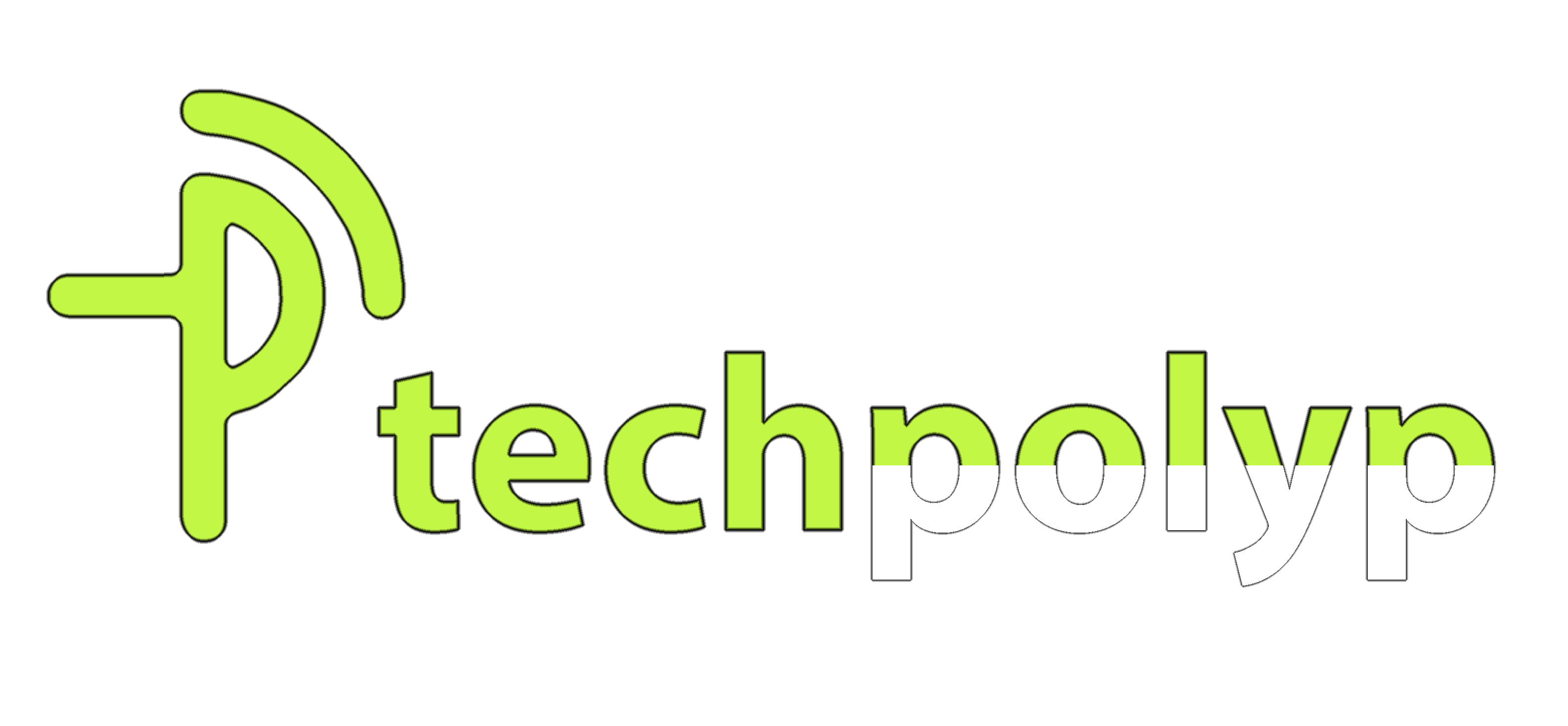When you purchase through links on our site, we may earn an affiliate commission. This doesn’t affect our editorial independence.
Following the Meta-targeted ads lawsuit, Tanya O’Carroll, a human rights campaigner, has successfully stopped the social media giant Meta from using her data for targeted advertising. The agreement is contained in a settlement to an individual challenge she lodged against Meta’s tracking and profiling sometime in 2022.
O’Carroll had argued in the Meta targeted ads lawsuit that her right to object to the use of personal data for direct marketing that’s contained in the U.K. (and EU) data protection law, along with an unqualified right that personal data shall no longer be processed for such a purpose if the user objects, meant Meta must respect her objection and stop tracking and profiling her to serve its microtargeted ads.
However, Meta objected to the same thing, claiming its “personalized ads” are not direct marketing. The Meta targeted ads lawsuit was due to be heard in the English High Court on Monday, but the settlement ended the legal action.
O’Carroll’s only assignment was to stop Meta from using her data for ad targeting whenever she uses its services. It’s also believed that the settlement sets a precedent that should allow others to confidently exercise the same right to object to direct marketing to force the tech giant to honor their privacy.
According to O’Carroll, she essentially had little choice but to agree to the settlement once Meta agreed to what the Meta-targeted ads lawsuit action had been asking for, not to process her data for targeted ads. She confirmed that she could have faced substantial costs had she proceeded, and the litigation failed.
In her words, “It’s a bittersweet victory.” “In lots of ways, I’ve achieved what I set out to achieve, which is to prove that the right to object exists, to prove that it applies precisely to a business model of Meta and many other companies on the internet, that targeted advertising is, in fact, direct marketing.
“And I think I’ve shown that that’s the case. But, of course, it’s not determined by law. Mesa has not had to accept liability, so they can still say they settled with an individual in this case.”
While the EU has long had comprehensive legal protections for people’s information, such as the General Data Protection Regulation (GDPR), the law O’Carroll’s Meta targeted ads lawsuit challenge hinged on, which the U.K.’s domestic data protection framework is still based on. Enforcing these privacy laws against surveillance-based ad business models such as the one Meta operates has proven to be a painstaking and frustrating endeavor.
Years of regulatory whack-a-mole have played out with multiple GDPR complaints about the company since the regime came into force in May 2018.
And while Meta has racked up several GDPR fines, including some of the largest ever privacy fines for tech, its core consentless surveillance business model has proven more challenging to shift. However, there are signs that enforcement action is finally chipping away at this position in Europe. And O’Carroll’s example underscores that privacy push-back is possible.
“The thing that gives me hope is that the ICO U.K.’s Information Commissioner’s Office did intervene on the case and did very plainly, and incredibly convincing and persuasively, side with me,” O’Carroll added, suggesting that other Meta users who also take steps to object to its processing of their data may have a stronger chance of the ICO stepping in to support them if Meta denies their requests now.
That said, she thinks the company will likely shift to a “pay or consent” model in the U.K. —the legal basis it moved to in the EU last year. That requires users to either consent to tracking and profiling or pay Meta to access ad-free versions of its services.
O’Carroll said she could not disclose full details of the tracking-free access Meta will provide in her Meta targeted ads lawsuit, but confirmed that she would not have to pay Meta.









